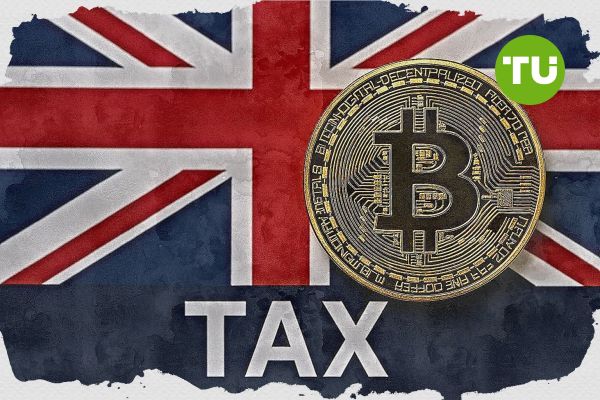UK to tighten tax rules on crypto traders in January 2026
 UK clamps down on digital asset tax avoidance
UK clamps down on digital asset tax avoidance
The United Kingdom is preparing to implement tougher tax regulations targeting individuals and entities attempting to avoid paying taxes on profits from digital assets. Starting in January 2026, under the new Cryptoasset Reporting Framework (CARF), crypto service providers will be required to collect and report user data to His Majesty’s Revenue and Customs (HMRC).
According to the Daily Mail, the measure is expected to help close existing tax loopholes and generate around £315 million in revenue by April 2030.
User and service obligations, penalties for non-compliance
Under the new rules, crypto traders will be required to provide personal information, including full name, address, date of birth, and tax identification number. Non-residents must also indicate their country of residence. Businesses will need to submit their legal name and registered address. The regulations apply to a wide range of crypto platforms, including exchanges, NFT marketplaces, and crypto portfolio management services.
Failure to comply will result in financial penalties. Individuals who do not provide the required information to crypto services may be fined up to £300. Likewise, crypto companies that fail to submit accurate data on transactions and customer tax identifiers to HMRC may also face penalties.
Community reaction and government stance
This initiative is part of a broader UK Treasury strategy aimed at improving tax collection and ensuring fairness in the digital financial space. With the growing popularity of cryptocurrencies, the government seeks to ensure that trading profits are taxed in line with other forms of income and capital gains.
Despite the official rationale, the new policy has faced criticism from the UK crypto community. Some users argue the rules disproportionately benefit the government—profits are taxed, while losses are ignored. Others highlight the costs and taxes already incurred in setting up crypto mining farms and question the fairness of imposing additional levies on their earnings.
Nevertheless, the UK government appears determined to implement these measures to strengthen public finances and align with international standards on transparency and taxation in the cryptoasset sector.
Also read: British court sentences two men to prison for crypto fraud













































































































































